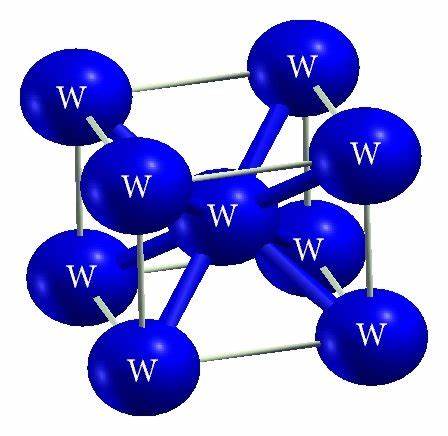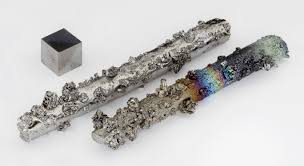Industrial Preparation of Tungsten
Tungsten (synonym wolfram) [7440-33-7], chemical symbol W, atomic number 74, and relative atomic mass (i.e., atomic weight) 183.84(1), is the heaviest metal of group VIB (6) of Mendeleev’s periodic chart. Its chemical symbol, W, is from the German wolfram, from the mineral wolframite, said to be named from wolf rahm or spumi lupi, because the ore interfered with the smelting of tin and was supposed to devour tin, while tungsten comes from the Swedish tung sten, meaning heavy stone.
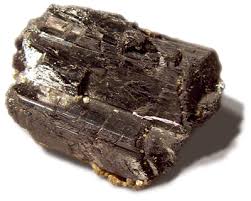
General Properties
Pure tungsten is a highly dense (19,300 kg.m–3) steel-gray to shiny-tin-white metal with a body-centered cubic (bcc) crystal space lattice structure. In its highly pure form it is ductile can be cut with a hacksaw, and can be forged, spun, drawn, and extruded. Mechanically, it has a high Young’s and bulk modulus and the highest ultimate tensile strength and creep resistance at high temperatures. For these reasons, it is used in very-high-temperature vacuum furnaces, i.e., those that operate above 2000°C, and in arc lamp for both the cathode and anode.
Moreover, its thermal expansion coefficient, the lowest of all the metals, is quite similar to that of hard glass. It has an excellent corrosion resistance to most chemicals and is only slightly attacked by concentrated strong mineral acids such as nitric acid or aqua regia.
Industrial Preparation
Tungsten ores such as scheelite and wolframite are recovered from rich veins by underground mining techniques and, to a lesser, economically negligible, extent, by open-pit processes. After mining, the raw ore, containing a mean average of 1.3 wt.% WO3, undergoes a classic ore-beneficiation process. The raw ore is crushed and ground into a ball mill.
This size-reduction operation is followed by a gravity separation and froth flotation in order to remove inert minerals of the gangue from valuable ore minerals, while electromagnetic separation is sometimes used, especially for wolframite. The concentrated tungsten ore (e.g., wolframite concentrate) is then processed to produce the important chemical intermediate ammonium paratungstate [(NH4)10W12O41.5H2O]. Calcination of this intermediate leads to the formation of tungsten oxides WO3 (yellow) and W20O28 (blue).
Ferrotungsten can be obtained commercially by carbothermic reduction of tungsten oxides with coal or coke in an electricarc furnace. While highly pure tungsten metal can be obtained commercially by two methods: either by the reduction of tungsten oxide by hydrogen at 700 to 1000°C in a rotary furnace or by chemical vapor deposition (CVD) by reduction of volatile tungsten hexachloride (WCl6) with hydrogen, which deposits the metal onto a tungsten-heated filament. Preparation of tungsten monocarbide is performed by the carburization process, which requires the heating of a mixture of tungsten powder and carbon black at 900 to 2000°C.
You may like
Related articles And Qustion
See also
Lastest Price from Tungsten manufacturers
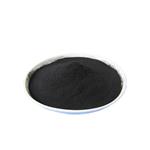
US $6.00/KG2024-04-29
- CAS:
- 7440-33-7
- Min. Order:
- 1KG
- Purity:
- More than 99%
- Supply Ability:
- 2000KG/Month
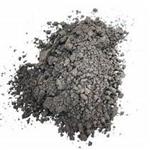
US $6.00/KG2024-04-12
- CAS:
- 7440-33-7
- Min. Order:
- 1KG
- Purity:
- More than 99%
- Supply Ability:
- 2000KG/Month

